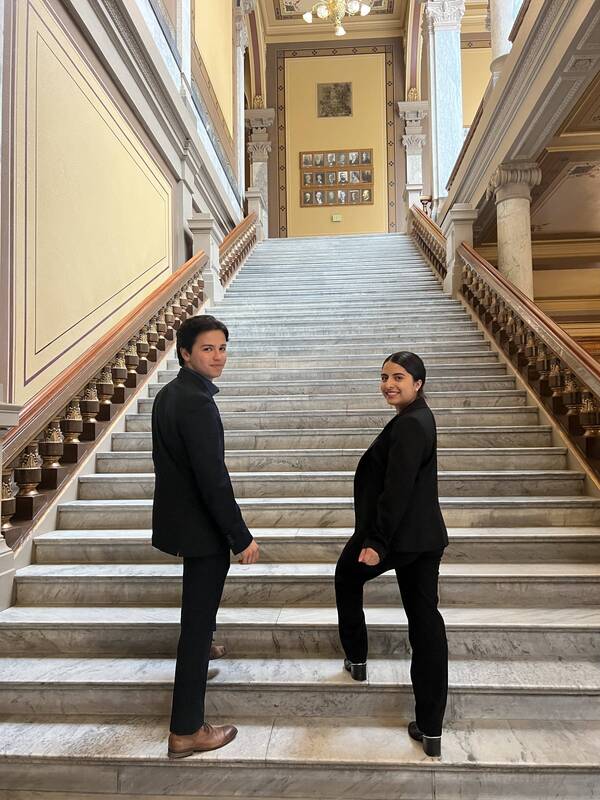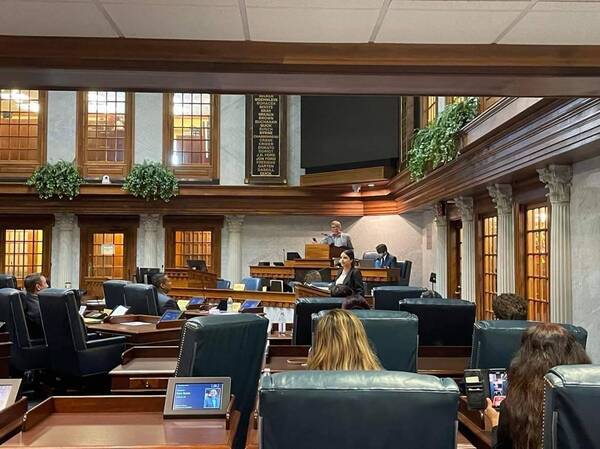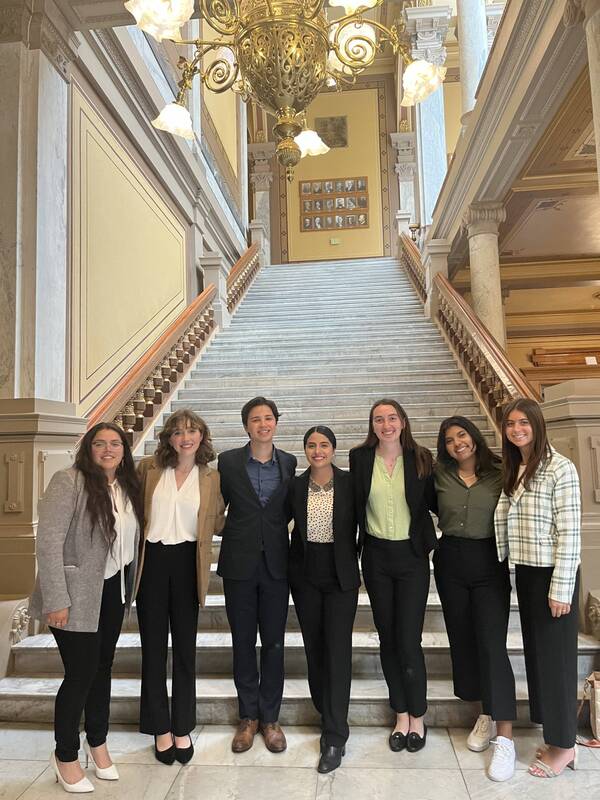
Years ago, my mother was pulled over by a police officer with my younger brothers and me in the car. When asked, she provided her Mexican driver’s license and was ordered to evacuate the car. What seems simple for many Americans – just a trip to the DMV – created challenges that profoundly impacted my academic and personal life growing up in the United States. Paralyzed by fear, my mother never drove again for the next 10 years. For me and my siblings, this meant sacrificing educational and personal opportunities–I could not participate in extracurriculars, or stay after school for tutoring, sports, or social activities. For my first 10 years in the United States, I was cheated out of my childhood due to laws that inadvertently inhibited my growth. As for my mother, she drove a moped to work for 25 minutes year round, through rain, snow, and heat waves, and everything she did was to provide for my brothers and I. Luckily, after 10 years of constant fear, paperwork, and sacrifices, my mother and I became permanent residents of the United States. Unfortunately, many immigrants do not have this same opportunity and are currently experiencing the same fear that my family did for over a decade.
Dedicated to preventing such a loss of opportunity for others, I became co-lead for the Indiana Driving Card Project when I reached college. We are a team of students at the University of Notre Dame concerned about public safety and driver certification. Alongside Jesusa Rivera and St. Adalbert’s Parish in South Bend, we are advocating for a bill that would allow undocumented immigrants in the state to drive legally, an important step to improve their quality of life and contribute to public safety and the Indiana economy. Over the course of this project’s existence, we’ve researched the effects and benefits of this legislation and produced an extensive white paper and distribution materials. In our research, we’ve highlighted five different areas in which Indiana will benefit from this legislation. They are Traffic Safety, Insurance, Economic Growth, State Revenue, and Law Enforcement. In addition to conducting further research on the impact of this legislation on stakeholders, we have done outreach to immigrant advocates groups, planned and held a state-wide fly-in, presented to organizations and stakeholders nationwide, garnered bipartisan support in both chambers, organized the first state-wide Indiana Coalition Summit and had an attendance of 80 stakeholders, including business owners, police, and NGOs, with a committed promise to advocate for the passage of the bill. To build support among the undocumented immigrant community and to encourage them to fill out an anonymous immigrant experience survey, I met with El Mexicano, the biggest Latino newspaper in Indiana. I also presented via livestream to more than 4,000 people in Spanish. Last fall, we secured an Interim Study Committee on Roads and Transportation to discuss the issuance of driving cards. In preparation, I gathered and organized testimonials and presented public safety research to legislators. As a result, the bill is set to be heard in the Senate on February 7th as SB 248.
The University of Notre Dame allows students to become change-makers and policy leaders. If there is a cause you are passionate about, this is a home for you. The University is here to support and advance your causes. Not only do you get a renowned academic education, but also a unique opportunity to change the world. Go Irish, and urge legislators to pass this bill.

